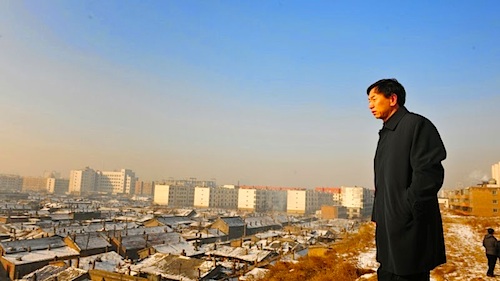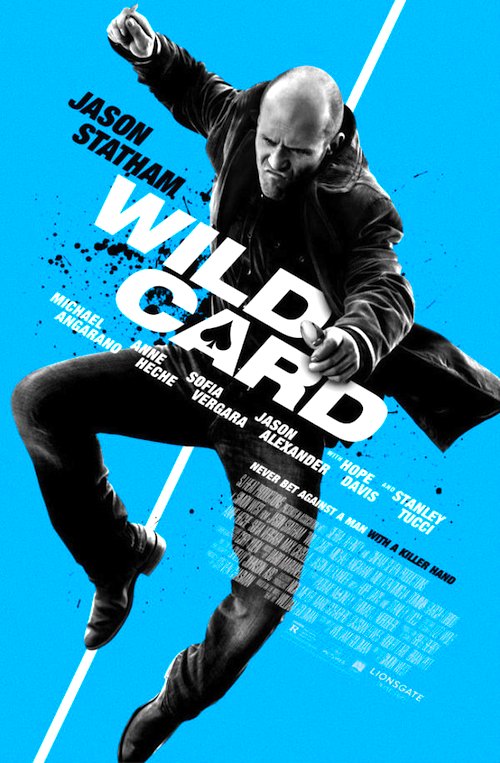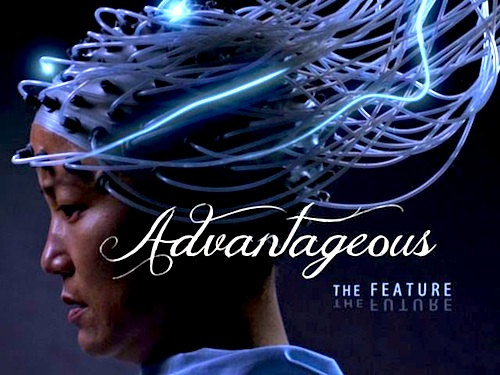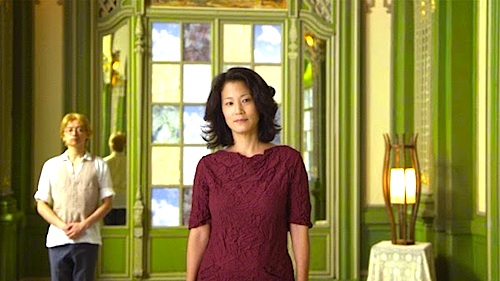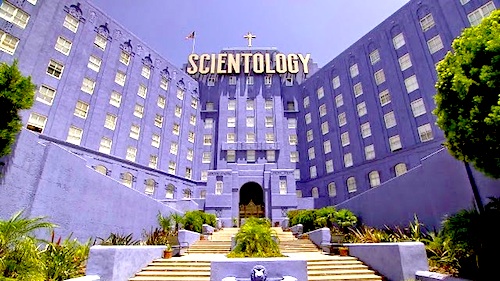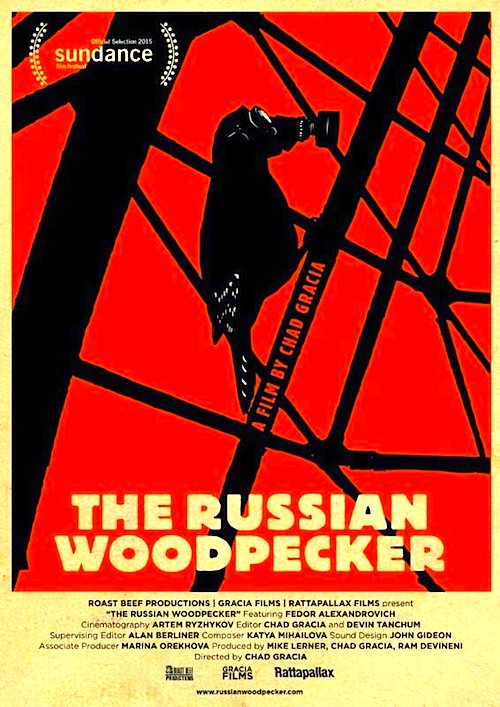 By Joe Bendel. If anyone has a right to be obsessed with Chernobyl, it would be filmmaker-set designer Fedor Alexandrovich. As a four year old child, he was evacuated from what is now the Exclusion Zone—and he has the radioactive material in his bones to prove it. Through his research, Alexandrovich pieced together a theory hypothesizing Chernobyl was not an accident, but a deliberate act of Soviet sabotage. At a time when the Russian military and their proxies are once again committing crimes against the Ukrainian people, Chad Gracia documents Alexandrovich’s deductions as well as the increasingly precarious state of Ukrainian national security in The Russian Woodpecker, which screens during the 2015 Sundance Film Festival.
By Joe Bendel. If anyone has a right to be obsessed with Chernobyl, it would be filmmaker-set designer Fedor Alexandrovich. As a four year old child, he was evacuated from what is now the Exclusion Zone—and he has the radioactive material in his bones to prove it. Through his research, Alexandrovich pieced together a theory hypothesizing Chernobyl was not an accident, but a deliberate act of Soviet sabotage. At a time when the Russian military and their proxies are once again committing crimes against the Ukrainian people, Chad Gracia documents Alexandrovich’s deductions as well as the increasingly precarious state of Ukrainian national security in The Russian Woodpecker, which screens during the 2015 Sundance Film Festival.
The titular woodpecker was a rhythmically regular radio signal that was thought to emanate from the old Soviet over-the-horizon radar station Duga-3, known to locals simply as the Duga. The Duga was massive and expensive, but it did not work very well. According to Alexandrovich, it would have failed a planned inspection, thereby causing great inconvenience for its high ranking sponsors, had events at Chernobyl not intervened. Can you see where he is going with this?
The Woodpecker ceased with the fall of Communism in 1989, but Ukrainians have recently started picking up an eerily similar signal. Like a prophet in the wilderness, the wild eyed and unruly coifed Alexandrovich had warned anyone willing to listen about the dangers of a resurgent neo-Soviet Russia. Unfortunately, his prophecies have been more vindicated than he would ever wish.
For obvious reasons, it is nearly impossible to untangle the tragic past from the perilous present in Woodpecker. While originally conceived as a short doc on the Duga and its annoying signal, the project expanded in scope due to the magnitude of Alexandrovich’s contentions and the relevance of current events. Those in Park City associated with the film are particularly worried about cinematographer Artem Ryzhkov, a war correspondent by trade, who was embedded with the unit hardest hit by the latest Russian orchestrated attacks.

The heavy significance that looms over Woodpecker makes it difficult to really enjoy Alexandrovich’s undeniable eccentricity, even before the multi-hyphenate artist starts to feel the heat as a high profile critic of Putin’s Russia. Essentially, Woodpecker begins as an idiosyncratic character study, evolves into a visually stunning tour of the Duga and the surrounding off-limits environs, and whipsaws into a real life chronicle of paranoia and defiance.
There are precious few documentaries that can compare to Woodpecker’s unclassifiable tone or its sense of urgency. Even if you do not fully buy into Alexandrovich’s theories, he and Gracia provide a great deal of Chernobyl background and context that will be new to most viewers. Highly compelling in an absolutely chilling kind of way, The Russian Woodpecker is definitely recommended for anyone interested in a fresh look at Ukrainian current events and recent history, The Russian Woodpecker screens again tomorrow (1/29) and Friday (1/30) in Park City, as part of this year’s Sundance Film Festival.
LFM GRADE: A-
Posted on January 28th, 2015 at 5:37pm.
